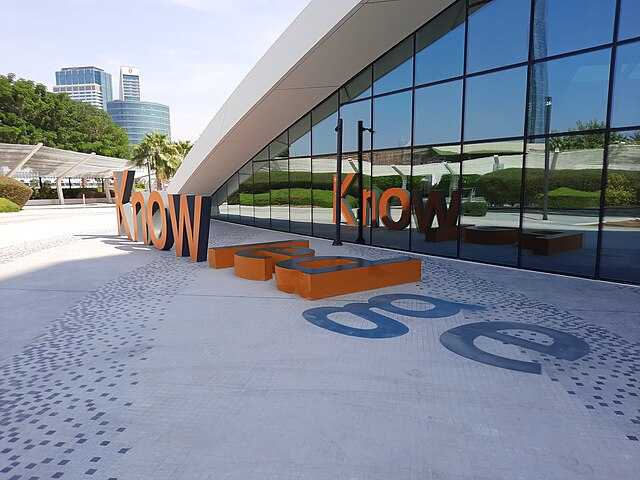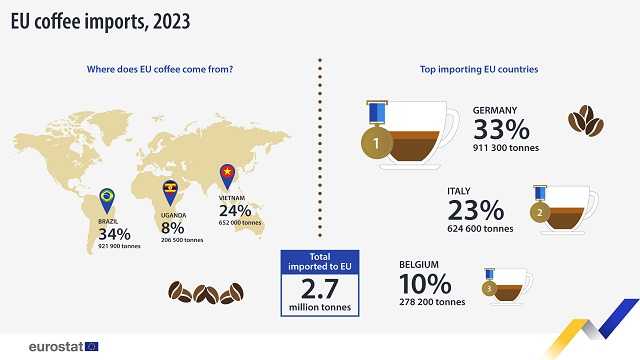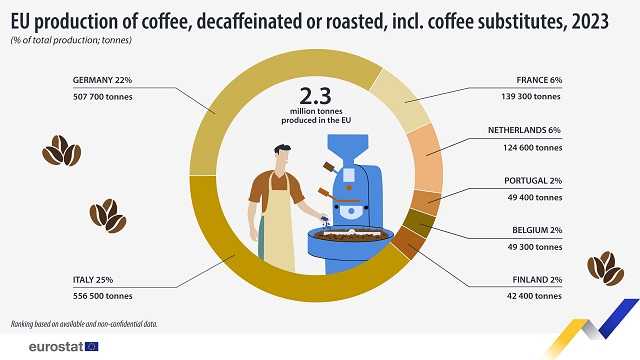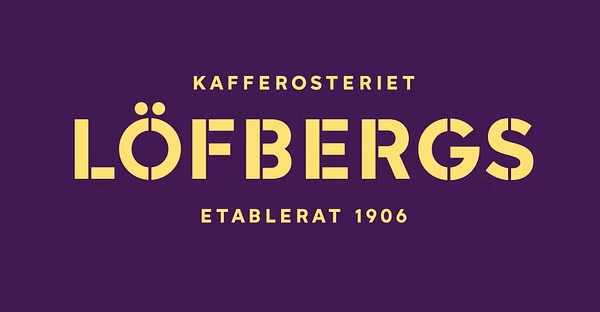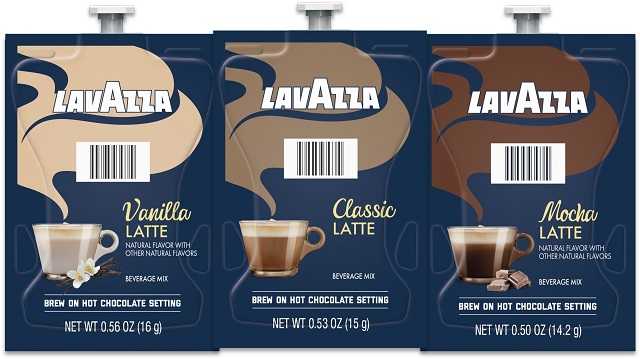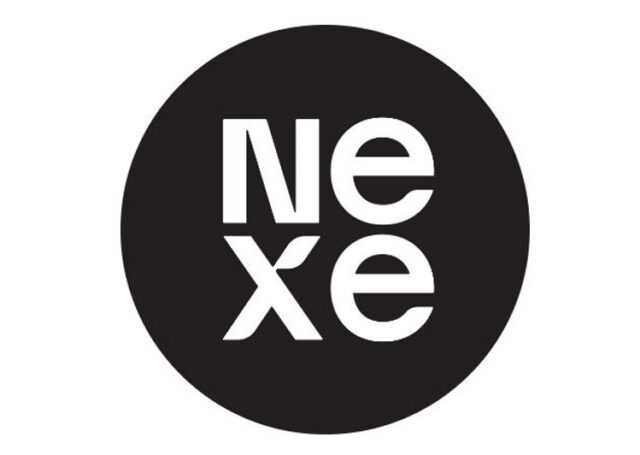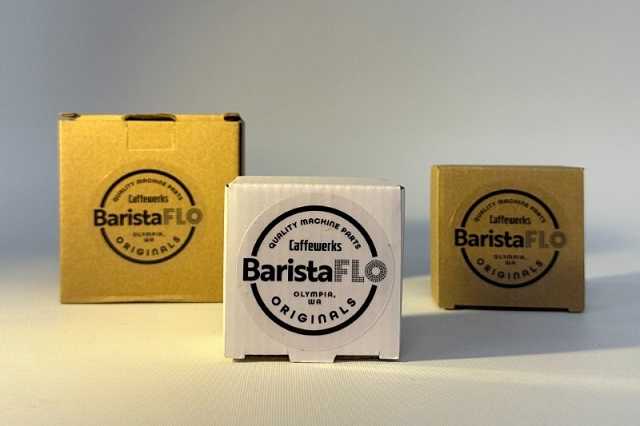MILAN – UC Davis Coffee Center was founded officially in 2024 to serve the state of California and since then has set itself the goal of promoting research in many areas, among which coffee clearly stands out, from its origins to the methods of extraction: there are constant innovations and we never stop. We were able to discuss this with one of its members, Irwin Ronaldo Donis-Gonzalez, Ph.D. Department of Biological and Agricultural Engineering.
Today, commodity production has become complicated because it has to evolve with respect to the major challenges of climate change, deforestation (EUDR) while maintaining high volumes and quality: what can technology (AI, IoT, blockchain) applied to fields do in concrete terms to respond to these phenomena?
“Application of technology in farming and food production, transportation, storage, and distribution which at UC Davis we call Smart farming, includes AI, sensor technologies, smart machines, IoT, and blockchain that can help optimize crop yields, better measure and communicate environmental and food storage conditions, predict weather patterns for better resource allocation, monitor soil conditions, and even assist in the development of new plant varieties, through high-throughput phenotyping techniques, that are more resilient to changing environmental conditions.
Additionally, these technologies can be used to improve supply chain management, reduce food waste and loss, and enhance overall efficiency in food production and distribution. As our world faces new challenges related to climate change and other factors, technological innovations will play a crucial role in ensuring food security and sustainability.”
Where is coffee research currently focusing? Creation of new, more resistant varieties or on tools to facilitate farmers’ tasks, or on traceability of the raw material or even on roasting and extraction?
“In my area of expertise, we concentrate on enhancing the postharvest processing, transportation, and storability of green beans through improved sensing technologies and storage methods, including the development of noninvasive sensors to assess the moisture of green coffee, and enhance storage and transportation conditions using desiccants.
Our recent focus has been on studying the impact of roasting on green beans, and how different roasting methods affect the physical and chemical properties of the resulting coffee. Previous research has mainly involved small-scale roasters with limited control over the roast profile and sampling frequency.
Consequently, the relationship between the roast profile in a large-scale roaster and the resulting changes in coffee attributes, such as perceived sourness (titratable acidity), moisture content, and color, at high temporal frequencies, remains unclear. Our studies offer valuable insights into manipulating and achieving desired beverage attributes during the roasting process.”
In recent years, studies on sustainability and recovery even of production waste, how and how much are they developing?
“I’ll be specific to my field of expertise, and what I’m doing in my program. Research in sustainability and recovery is essential for reducing food waste by addressing different aspects of the food supply chain. This includes better understanding the mechanism that govern food loss and waste, byproduct reutilization, improving postharvest processing, transportation, and the storability of food products.
Following the theme addressed in the previous question, enhanced sensing technologies and storage methods can help in better monitoring and managing food products, reducing the likelihood of spoilage and waste.
Moreover, the development of noninvasive sensors, as previously, can assist in assessing the moisture content of food items, such as green coffee beans, enabling better preservation and reducing the chances of deterioration. Additionally, using desiccants in storage and transportation conditions can help maintain the quality of food products, thus reducing waste.
In addition, sustainability studies in coffee processing and postharvest can focus on optimizing processes such as roasting, which can impact the physical and chemical properties of food products like coffee beans. Understanding these processes can lead to more efficient production and reduced waste.
In conclusion, by gaining insights into various stages of the food supply chain and implementing sustainable practices, studies in sustainability and recovery significantly contribute to reducing food waste and loss. This not only applies to coffee but to other food productions structures, such as the production of fresh produce, like fruits and vegetables.”
Do these technologizing operations have real impacts on producers? Can they afford them economically and are they able to apply them in their territories?
“Yes, as experts in the field, we focus on developing appropriate technologies to match the needs of the industry, including small producers in developing countries. The role of developing appropriate technology is crucial for addressing specific challenges and needs within various industries and sectors. Appropriate technology aims to provide practical and sustainable solutions that are suitable for the specific socio-economic and environmental conditions of a given region or community.
This can involve creating technology that is affordable, easy to maintain, and compatible with local resources and infrastructure. Additionally, appropriate technology seeks to empower local communities by involving them in the design and implementation of technology solutions, ultimately leading to greater ownership and sustainability. A perfect example is the development of an inexpensive method to measure the water activity of dry produce, called the DryCard.”
Large processors, how much and where are they investing their resources for the future of coffee research?
“Several forward-thinking companies, including La Marzocco, Peet’s Coffee, J.M. Smucker/Folgers, Behmor, Bridge Coffee, Cropster, and Probat, are investing in coffee research. This is evident from the recent establishment of the UC Davis Coffee Center. However, to advance state-of-the-art research further, additional investment from private companies is crucial. For information on supporting Coffee Research and the UC Davis coffee center, we encourage anybody to contact Kristen Norquist, who is the senior directof of development for the UC Davis Coffee Center.”
Is there interest in coffee research? Or is there still a lot of communication to be done with respect to its key role in the future of the supply chain?
“Yes, there is a lot of interest in coffee research. Coffee is one of the most widely consumed beverages in the world, and ongoing research focuses on various aspects, including its health benefits, cultivation techniques, sustainability, roasting, storability and more as stated above.
That said, many questions still need to be explored in various fields. It’s important to continue seeking answers and expanding our knowledge to make progress and advancements in different aspects of the coffee supply chain.”




